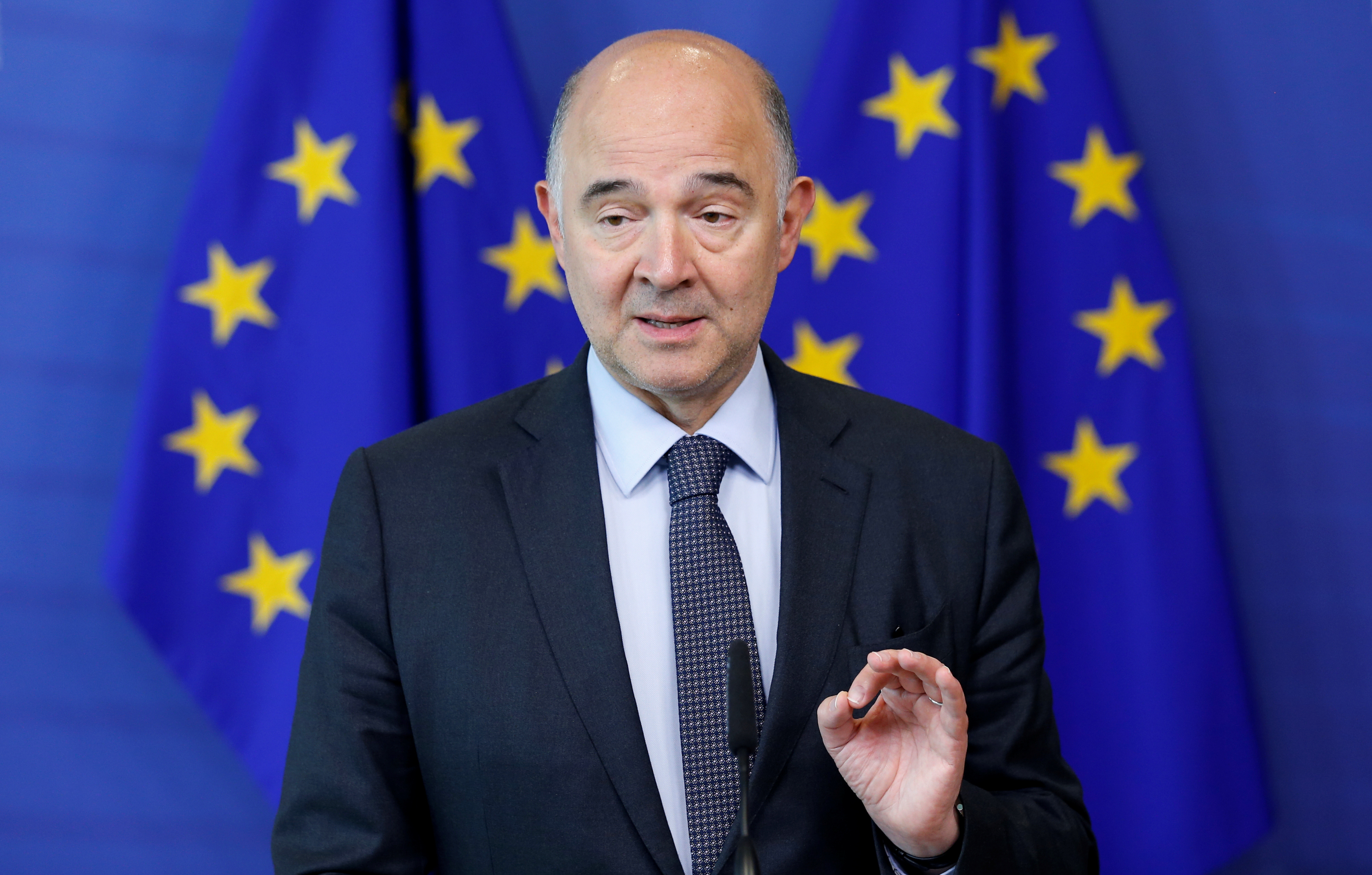The euro-area economy will expand faster than previously anticipated this year and next, the European Commission said, though it offered little comfort to the region’s central bank, saying inflation is expected to remain subdued. It sees increase of 2.3 percent for this year, up from 2.1 percent predeicted last November and close to the decade-high rate reached in 2017. The 2019 forecast was changed to 2 percent which means the outlook is broadly in line with the most recent projections from the European Central Bank (ECB) and International Monetary Fund (IMF).
As labor markets continue to improve and economy is high, add to that a strong pick-up in global trade, this reflects a stronger cyclical momentum in Europe that will also yield to a growth of 2.4 percent as compared to last year.

The commission, represented by Pierre Moscovici, the EU’s economic affairs commissioner, also lifted its forecasts for the European Union excluding the United Kingdom, which is negotiating its exit from the bloc.
“EUROPE’S ECONOMY HAS ENTERED 2018 IN ROBUST HEALTH. GROWTH IS ALSO MORE BALANCED THAN IT WAS A DECADE AGO.”
The UK is expected to grow by 1.4 percent this year, slightly faster than previously projected. After years tackling the financial crisis, the euro-area economy has racked up 19 straight quarters of growth and surveys point to continued solid expansion. The momentum provides a futther support for the currency union after a critical electoral year that saw anti-EU populists defeated in a series of key votes.
In another positive news for the region, German Chancellor Angela Merkel’s bloc concluded a coalition agreement with the Social Democratic Party on Wednesday, ending a four-month stalemate in Europe’s largest economy.
WITH REPORTS FROM: BLOOMBERG, BUSINESS MIRROR
PHOTOS FROM: peofdev.wordpress.com, www.brookings.edu






